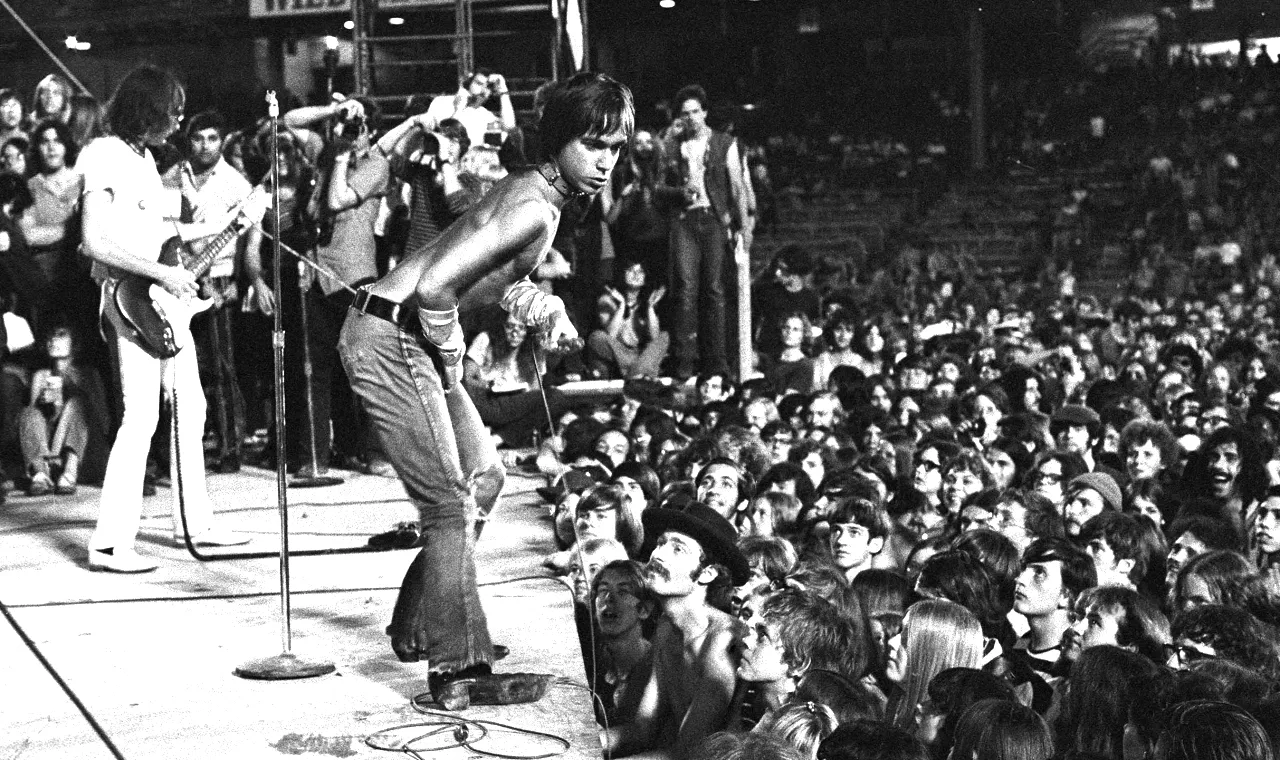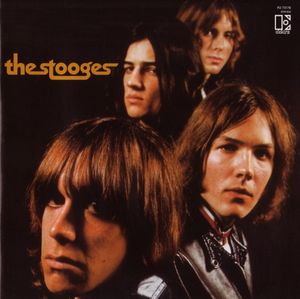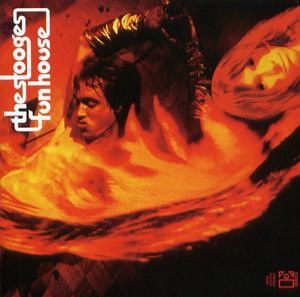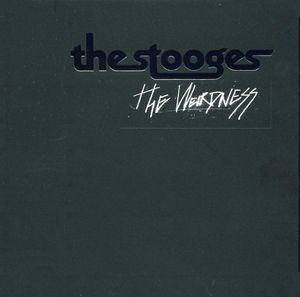

The Stooges
Follow Your Favorite Band Today!
Top The Stooges Community Posts
Story of The Stooges
The Stooges: Pioneers of Primal Punk
Born in the psychedelic haze of 1967 Ann Arbor, Michigan, The Stooges (originally known as the Psychedelic Stooges) were a raw force of nature. Led by the charismatic and volatile Iggy Pop, alongside the stoic guitar riffs of Ron Asheton, the thunderous drumming of Scott Asheton, and the steady bass lines of Dave Alexander, they carved their own path in the rock landscape.
Their music was a raw, primal cocktail of rock and roll, devoid of the polish and pretention of their contemporaries. Their live performances were legendary, often fueled by Iggy's self-destructive stage antics, which included self-mutilation and wild abandon, pushing the boundaries of what a rock show could be.
After two critically acclaimed albums, "The Stooges" (1969) and "Fun House" (1970), the band fractured. They regrouped with a revamped lineup, featuring Ron Asheton on bass, James Williamson on guitar, and released their third masterpiece, "Raw Power" (1973). This powerful album cemented their status as pioneers of punk rock, influencing countless artists who followed.
After a final break-up in 1974, The Stooges rose again in 2003. With Ron Asheton returning to guitar, Mike Watt on bass, and the addition of saxophonist Steve Mackay, they once again stormed the stage, proving that their raw energy hadn't diminished with time.
Sadly, the loss of Ron Asheton (2009) and later Scott Asheton and Steve Mackay led to their final farewell in 2016. Despite their brief hiatus, The Stooges left an indelible mark on rock history. Their influence on generations of punk and alternative artists is undeniable, and their legacy continues to inspire musicians worldwide.
They are rightfully considered one of the most influential and important proto-punk bands of all time. Their induction into the Rock and Roll Hall of Fame in 2010 and recognition by Rolling Stone as one of the 100 greatest artists of all time are testaments to their enduring impact on music history.
Frequently Asked Questions
Bands you may like
More Hard Rock Bands
Discover more bands in the Hard Rock genre and explore the diverse sounds that define this musical style.
Browse All Hard Rock BandsMore Bands from United States
Discover the rich musical heritage of United States and explore bands that represent the country's unique sound and culture.
Browse All United States Bands


